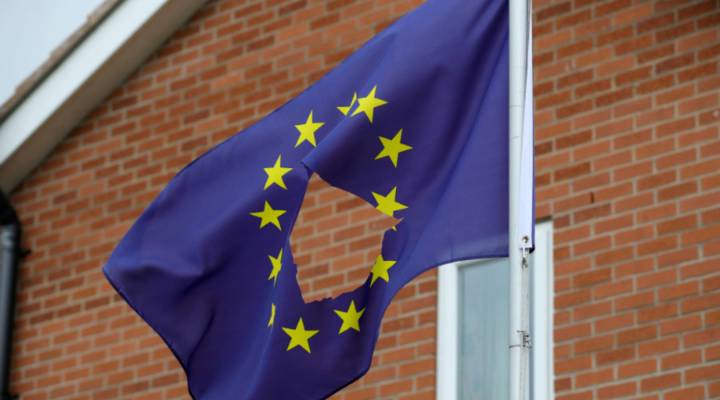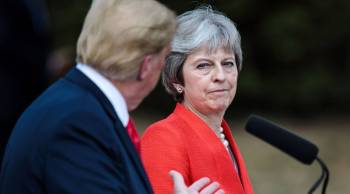
“Brexit” became a battle cry for Donald Trump during the presidential election campaign.
“This is going to be Brexit plus, plus, plus!” he declared at a number of his rallies.
And he was right. His victory created even more of a shock than Britain’s unexpected vote, in a referendum last June, to leave the European Union.
But how connected are these two big and shocking electoral upsets?
There are strong similarities. Like Trump’s election win, Brexit divided a nation down the middle, defied conventional wisdom, represented a protest against mass immigration, and was a slap in the face for a liberal elite. Both were fueled by a powerful sense of economic disgruntlement.
“The political revolution of 2016 is that in two massive campaigns the underdogs beat the establishment. We did it with Brexit in the U.K. and Trump did it last night in the USA,” said leading leave campaigner Nigel Farage, who had spoken in support of the billionaire at some of his election rallies.
But there is one very big difference between the two political upheavals. Unlike on the Trump campaign trail, there was no protectionist rhetoric from the leave side in the referendum. Far from it.
“If you were on the leave side, you were saying this is an opportunity to be even more globalistic, to look at our relations with countries that aren’t in the EU and to have free trade deals with them,” said Kate Andrews of the free-market Institute of Economic Affairs in London.
The Brits may have been voting to leave a free trade bloc, but Andrews said that’s because they felt the EU has turned into a political union, eroding British control over British affairs.
“This wasn’t mostly about trade or even immigration. It was primarily about sovereignty. The British people just felt that the EU was getting too powerful,” Andrews said.
But, in spite of this key difference between the two political events, many Brexit supporters draw some hope from Trump’s victory. They believe that President-elect Trump will want to demonstrate that he is only opposed to unfair free trade and therefore he will be willing to strike a free trade deal with Britain because it would not jeopardize American jobs. Such a deal would be a coup for Britain and make Brexit far more likely to succeed.
There’s a lot happening in the world. Through it all, Marketplace is here for you.
You rely on Marketplace to break down the world’s events and tell you how it affects you in a fact-based, approachable way. We rely on your financial support to keep making that possible.
Your donation today powers the independent journalism that you rely on. For just $5/month, you can help sustain Marketplace so we can keep reporting on the things that matter to you.


















